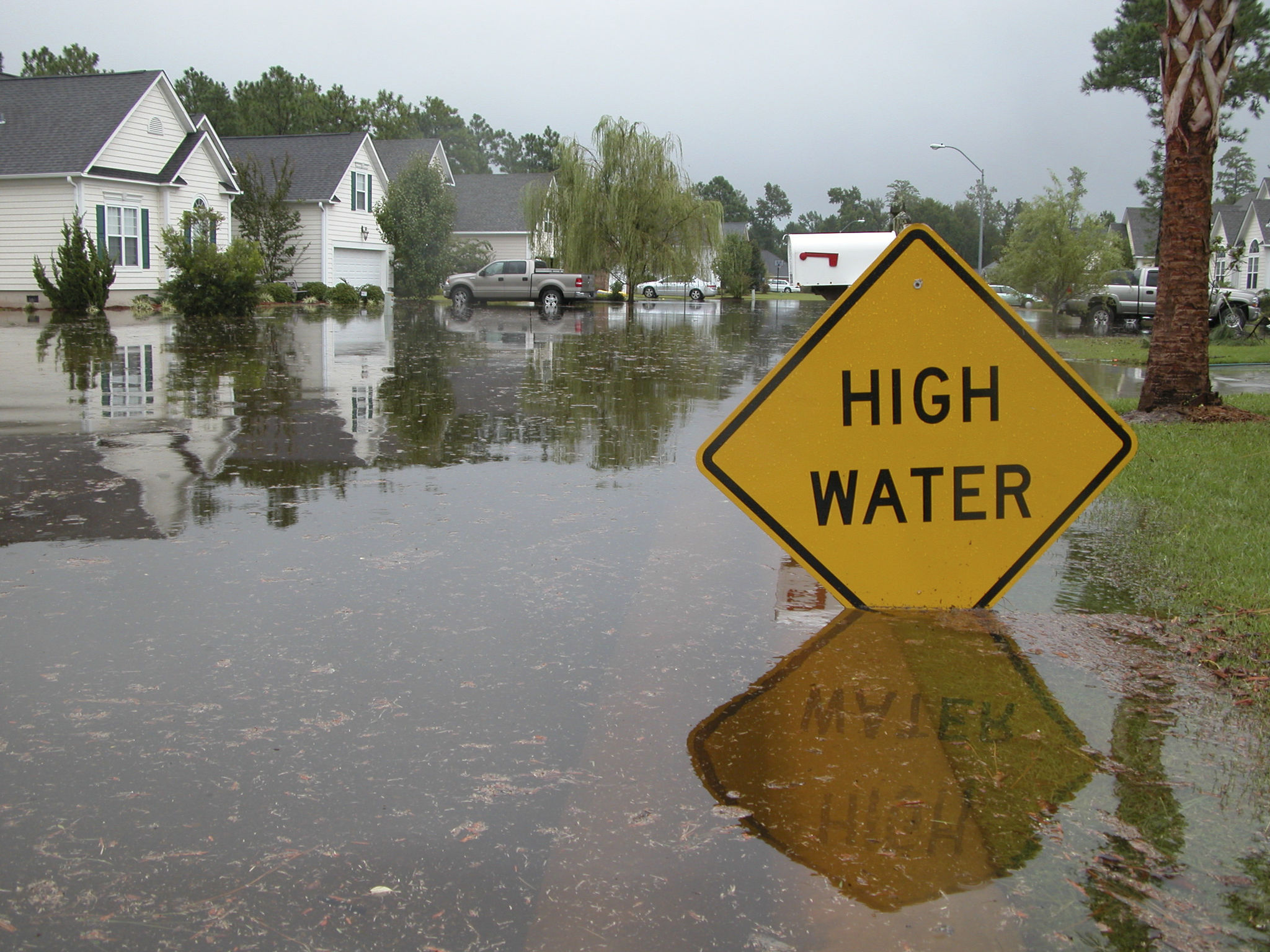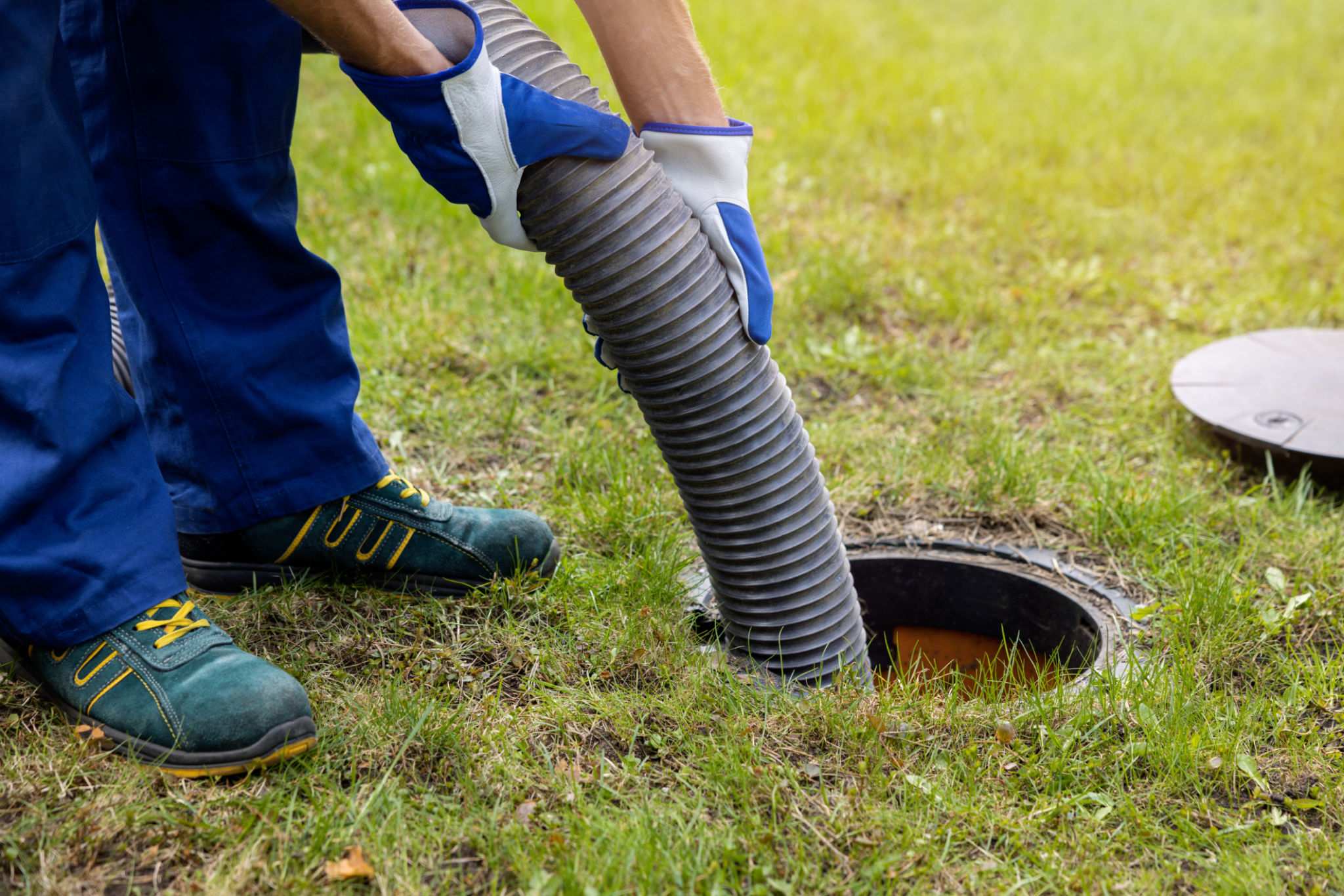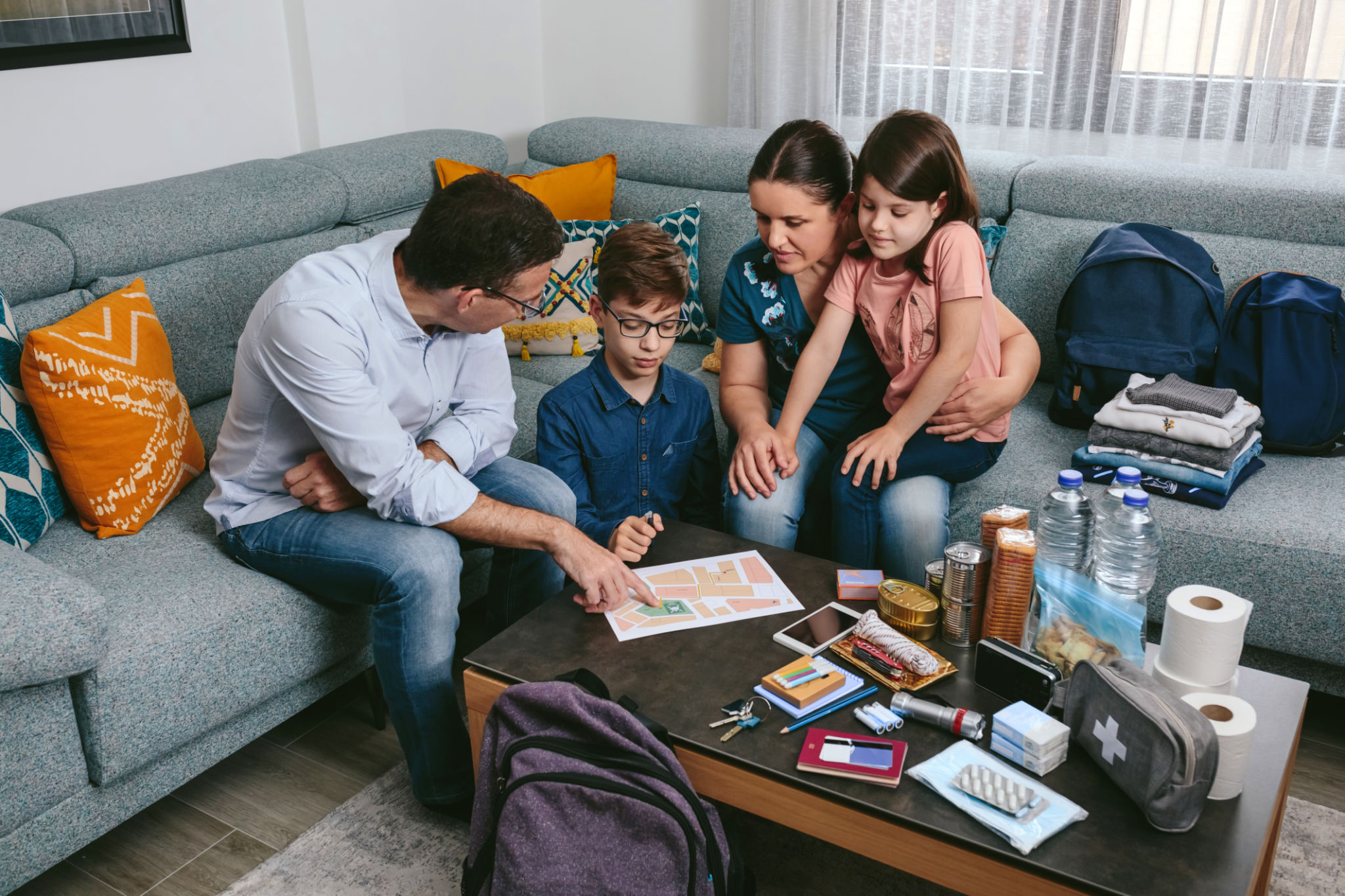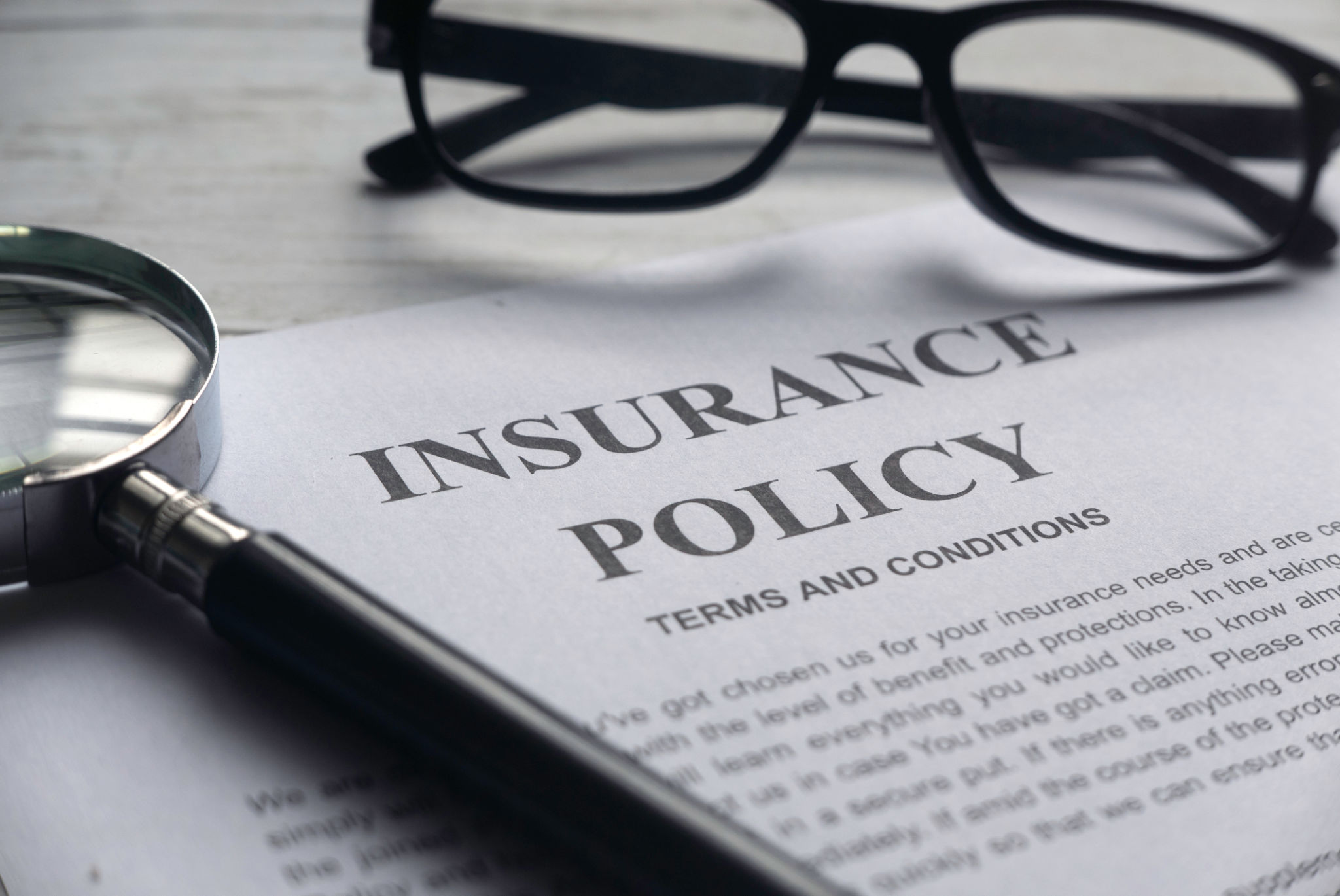Preparing Your Home for Flood Season: Essential Tips and Tricks
Understanding Flood Risks
As flood season approaches, it's essential to understand your area's specific flood risks. Check flood maps and local government resources to determine the likelihood of flooding in your region. Being informed about the potential dangers can help you prepare effectively and minimize damage to your home.
Consider reaching out to your neighbors or community groups to share information and resources about flood preparedness. Collective effort can be incredibly beneficial when facing natural disasters. Utilize social media and online forums to stay updated on weather alerts and warnings.

Assessing Your Home's Vulnerability
Conduct a thorough assessment of your home's vulnerability to flooding. Pay attention to areas such as basements, ground-level windows, and entryways, which are prone to water infiltration. Ensure that these areas are adequately sealed and consider installing barriers or sandbags if necessary.
Inspect your property's drainage system. Clear out gutters and downspouts to ensure water flows away from your home efficiently. Regular maintenance of these systems is crucial in preventing water accumulation around your foundation.

Essential Supplies and Equipment
Stock up on essential supplies and equipment to prepare for potential flooding. A few items to consider include:
- Sandbags: Effective for diverting water away from vulnerable areas.
- Waterproof tarps: Useful for covering and protecting valuable items.
- Portable pump: Helps in removing excess water from your property.
- First-aid kit: Always essential during emergencies.
Emergency Plan and Communication
Having a well-thought-out emergency plan is critical for ensuring your family's safety during a flood. Discuss evacuation routes, meeting points, and communication methods with all household members. Ensure everyone knows how to contact emergency services and locate nearby shelters if needed.
Keep a list of important phone numbers, such as local emergency services, utility companies, and insurance providers, readily available. Consider creating a group chat or digital document that all family members can access during an emergency.

Protecting Valuables and Documents
Take proactive measures to safeguard your valuables and important documents. Store irreplaceable items in waterproof containers or move them to higher ground if possible. Digitally backup essential documents such as identification papers, insurance policies, and medical records.
Consider investing in a waterproof safe to protect documents that must be kept in hard copy. This can provide peace of mind knowing that vital information is secure even during a flood.
Insurance and Financial Preparedness
Review your homeowner's insurance policy to understand what is covered in the event of a flood. Many standard policies do not include flood damage, so you may need additional coverage. Contact your insurance provider to discuss options and ensure you have adequate protection.
Create an emergency fund specifically for natural disasters. Having financial reserves can help you quickly cover unexpected expenses related to flood recovery, such as temporary housing or repairs.
